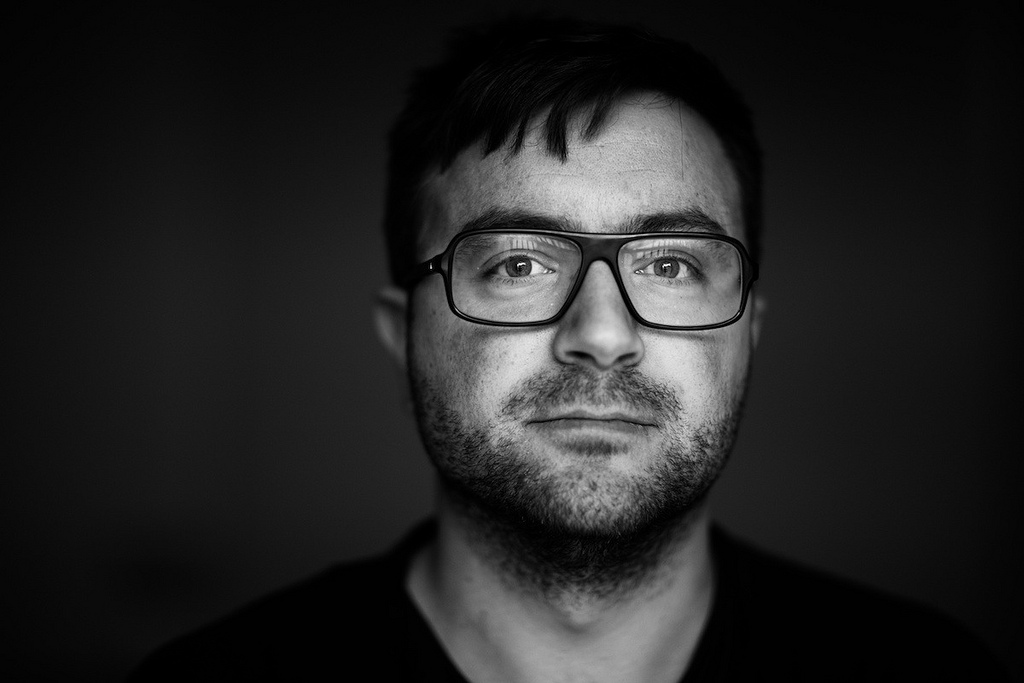The people who can churn out masterworks in literature, visual arts, and the sciences are often called ‘geniuses’. We admire these super producers but too often we forget the words of Thomas Edison:
Genius is 1 percent inspiration and 99 percent perspiration.
If you’re a creative professional like me, at least once in your life someone has asked “how do you do it?” What they are really asking is: how can you be creative on demand and under pressure?
I’ve come up with so many B.S. answers to that question that I’ve forgotten most of them. Truth be told much of my on-demand genius as a full-time speechwriter comes from large doses of caffeine and adrenaline.
The caffeine I get from Starbucks, the adrenaline comes from procrastinating until the last minute to start work. This method has produced some truly awe-inspiring rhetoric. It has also caused major screw-ups which are less tolerated the higher I rise in the organization.
Here are three minimalist habits I’ve adopted over the years that increased my productivity without destroying creativity. They will work for you as well.
1. Set the bar for daily goals low.
True story. Eight years ago I went to work on a Saturday with the full intention of producing a 20-minute speech filled with witticism, quotes, facts, and figures. I emerged 25 hours later with an outline of fewer than 100 words. In my defense, the internet is a distracting place.
The moral here is that writing 20 pages in one session is psychologically daunting. This makes procrastination more likely. The more you procrastinate the less high-quality content you’ll create.
My daily goal is to write for forty minutes per day. This is a goal that anyone can easily achieve and also easily exceed, which is important.
When you absolutely don’t want to work on a task, knowing that you’ll be working for a short time makes it more bearable. There is also a bonus. Motivation kicks in after we have started, so we are more likely to continue doing something after we begin. Trying to ‘feel’ motivated before we start the task is actually an uphill battle.
Setting a 30-minute goal is more likely to lead to the completion of two hours of work. One reason you’re not productive as you’d like is that you spend too much time psyching yourself up to work.
2. Take a daily walk.
Escaping from the place where the creative effort occurs tickles my writing muse. As everyone knows creative muses are feckless and unreliable. My muse likes to show up in places where I can’t commit anything to paper, mostly in the shower or while driving. A long walk is an acceptable compromise for us.
This method of fanning the creative flame hurts no one, lifts my mood, and has been tried and tested by the great composers, Beethoven and Tchaikovsky not to mention many writers.
The moment my legs begin to move my thoughts begin to flow.
– Henry David Thoreau
I enjoy taking walks. I try to do at least a mile a day. While I’m out I get to enjoy the familiar (the route, the buildings, and vehicles) and the inspirational (flowers, hummingbirds). By moving away from my office and computer screen, I allow the ideas to fight in a Darwinian struggle until something useful emerges and becomes the foremost thought in my mind. By capturing that idea I have new fodder for my writing. I am told that while on these walks, people see me talking to myself.
For good reason, if I didn’t talk to myself, how would I know what I’m thinking?
3. Reduce distraction, enhance concentration.
What is the bare minimum that you need to complete your task? Most people choose not to know. We know the things we like to have around us when we are trying to work but most of them are just distractions.
Our telephones, tablets, and their constant notifications from social media keep us from fully focusing on what needs to be done. Remember that each distraction will rob you of as much as 20 minutes of focus. That’s why I put my phones in the desk drawer until I’ve completed at least 40 minutes of work.
To enhance my concentration, I play exactly the same music every time I sit down to work. This method creates mental conditioning. The association between the music and working means that once the song comes on, I automatically become more focused.
An added benefit of using this mental hack is that we don’t need ‘motivation’ to start. Once the song plays the actions associated with those tunes will begin without thought.
For those of you who wish to try this, find music that has a slow to moderate tempo and no human voices. This is because even if we don’t understand the words of a song we will automatically listen to the human voice, which is distracting.
Youtube has several ‘Classical Music for Studying’ selections which I’d recommend for increasing focus. You might be inclined to use a favorite song for this but that’s not a good idea as any time you hear the song you’ll think of work.
Wrap up
‘Genius’ is more about action than thought. Contrary to what is often told in the media, being more productive doesn’t require some great app or product. There are minimalist alternatives that you can use today to tap into your own inner genius.





Let me add these two principles. Be specific and simplistic when trying to change any behaviour. For example, “I want to write more” is not a goal, it’s an aspiration. “I will take out my notepad and pen at 2:00 pm every day” is a specific and simple goal.
Keep it simple and specific and you’ll be more successful at achieving life-changing goals.
Good luck!